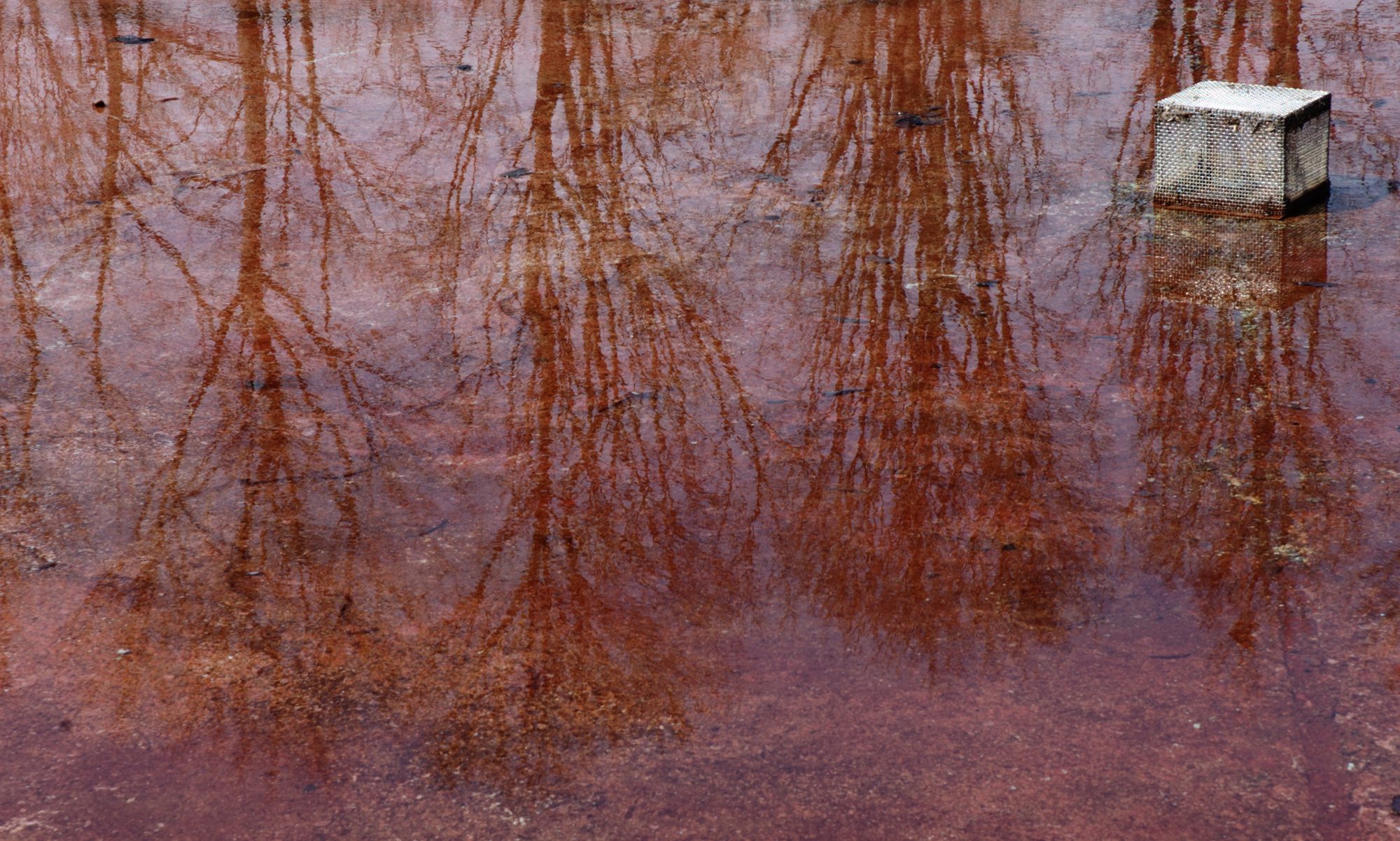What do I like in a book?
I like to feel immersed, whether it be in an environment, or character, or perhaps only a sustained tone; mix of any of the above is even better. I like books that make the everyday somewhat strange, or alternately making the strange seem ubiquitous. As a writer, I think this is what makes so-called genre books (typically sci-fi, fantasy, horror, western, etc) that much more challenging to pull off satisfyingly. I mean, sure, a lot of writers can pull of a few paragraphs or even pages of a genre story, but to do so in a sustained way, with a determined consistency…that’s hard. It takes a lot of work to do it well. Yes, yes, the literary small town book with the domestic intrigue also requires much of the above, but go ahead, you add menacing tentacles and see how far you can go.
I have a complicated relationship with the genre universe. I work in genre but I’m not wedded to it in as totalizing a way as many writers so firmly are. To the far end of what annoys me about genre works are tired tropes (laser guns! robots!) left unexamined, and to the far end of what what annoys me about what we call literary fiction, is the sense of an author proceeding to insert their head up their ass. I actually expressed this at a author talk in Winnipeg and I don’t think it went over well, but I reserve the fact that the other author I was supposed to appear with got his calendar mixed up, leaving me, the organizers, and the local audience (more than half expecting the author who didn’t make it) high and dry. In retrospect I wished I’d engaged more with the host–a much more committed author of genre than I–so that it was less about solo author me and my book, and opened up the discussion so that it was more a conversation and less what ended up being a short Q&A. That handful of author talks I did while publicizing The Society of Experience across the country (okay, Ontario and the prairies) were a learning curve for me, mostly in terms of learning to take more consideration of what an audience wants to hear, versus whatever thoughts are occurring to me while I’m in the spotlight. First rodeo, etc.
When you write a book like The Society of Experience, which riffs on a couple of genres–namely sci-fi, but also western (Derek’s The Lonely Cowboy stories)–but remains steadfastly literary, it can be easy to find oneself unsure upon which patch of the ice floe to stand on. I certainly felt more at home in literary circles because it’s largely what I read the most, and the novel was firmly that, however in the handful of more genre-forward appearances I made–conventions, reading series’–I found myself more often not seeing myself in the audience. They tended to be more capital-G genre readers, and I felt a bit like an imposter. I mean, there are worse problems to have in life, but being an artist is about connecting, and when you don’t see yourself in the room it can be weird, as if you’re doing something wrong.
With my novels, I’d like to think I’m doing something different. I’m kinda saying hey literary folks, you don’t have to make it so kitchen sink realistic, like The Diviners or Of Mice and Men, although those are excellent works (and knowing how to render a realistic environment is a huge skill). And at the same time I’m also saying hey genre folks, you can have three dimensional characters wrestling with things that aren’t literal tentacles. I have a suspicion Stanislaw Lem liked detective stories because so many of my favourite short stories by him involve the solving of a crucial riddle, often involving a terrifying event. And while he wrote almost exclusively in genre (sci-fi) his curiosity and want to mix these influences with his scientific preoccupations make for fascinating reading. One story I would use as an example of this would be Ananke from the collection More Tales of Prix the Pilot; its use of a line from an Edgar Allan Poe story as a clue to an unravelling investigation on Mars is Lem firing on all cylinders. I swear it’s like taking a drug reading something like that; you just want to savour the rush for as long as you can.
A book is a book. A story is a story. It doesn’t need to correlate to any categorical expectation, other than it be worth the reader’s time and intelligence. And yet publishing–like any creative practice which survives on scant government funding and word-of-mouth– can get caught up in pettiness sometimes, which I find frustrating, and I don’t doubt, especially doing something different, that I’ve been the recipient of some sniping. I know I’m not a provocateur or some self-styled controversialist aiming to upset norms; I’m not trying to upset anything other than to demonstrate a hybrid style that is sometimes weird and different. Like most arts you need a thick skin for this, and I’m not just talking pub rejections.


